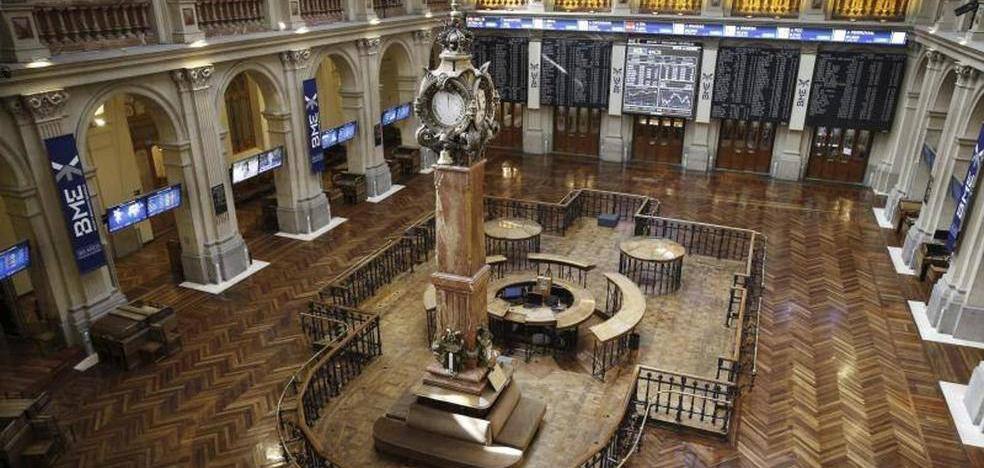It is a highly controversial decision with consequences: a Chinese company can invest in a container terminal in the port of Hamburg – albeit with a smaller share than planned. This is the result of a compromise the German government agreed on Wednesday under pressure from the Chancellery under Olaf Scholz in Berlin. Some departments only reluctantly agreed. Politicians are calling for a reform of the foreign trade law with stricter requirements.
The German government on Wednesday passed a so-called partial ban: according to it, the Chinese state-owned company Cosco could acquire a 24.9 percent stake in the container terminal Tollerort in the port of Hamburg. Takeovers above this threshold were prohibited. Cosco originally wanted to acquire a 35 percent stake. This prevents a strategic participation in the terminal and reduces the acquisition to a purely financial participation, according to the Ministry of Economic Affairs, which alleges a danger to public order and safety. Among other things, Cosco is prohibited from having contractual veto rights over strategic business or personnel decisions.
Habeck wanted a ban, Scholz a compromise
The Ministry of Economy under the Green politician Robert Habeck had investigated an agreement concluded in September 2021 between the Hamburg port logistics company HHLA and Cosco Shipping. Habeck wanted to ban Chinese access completely given the experience with Russian gas supplies – as did other ministries, who also warned of risks to critical infrastructure. However, the chancellery insisted on a compromise.
The problem: Had the cabinet not decided this week, the sale would have automatically been approved with a 35 percent stake — as originally agreed upon by Cosco and HHLA. To prevent this, a concerted action by the government was necessary. In government circles there was talk of an ’emergency solution’. Several departments have expressed serious concerns.
“Just a terminal”
Chancellor Olaf Scholz (SPD) sent a government spokeswoman to reject criticism of the deal. A participation of 24.9 percent creates no strategic dependency and no strategic influence, the argument goes. The chancellor had made it clear that it was not about the sale of the port, but “just” a stake in a single terminal, the spokeswoman said.
It remains unclear for the time being how the Cosco group will react to the new situation. HHLA boss Angela Titzrath wants to talk to the Chinese about this “quickly”. The deal is expected to close before the end of the year. There is some evidence that it will happen. It was recently said in the business community that the Chinese were expected to support the compromise solution with a participation cut to 24.9 percent. Cosco had agreed to create a preferred transhipment point in Europe in exchange for the deployment of the CTT. “A private company could not promise this, but a state company could,” said Kiel trade economist Rolf Langhammer. “And therein lies a certain potential for blackmail on the part of Cosco.”
“Large Dependencies”
About a third of the container traffic in the Chinese sector runs through the largest German seaport, Hamburg. If a major player like Cosco were to withdraw its ships, it would be a major blow to the port. The employer-oriented Institute of German Economics (IW) stressed that the case “shed a problematic light on the heavy reliance of individual German companies on China”. Especially for some critical raw materials, China dominates as a supplier. “These dependencies are increasingly becoming a political risk as a military invasion of Taiwan by China has become more likely,” the IW said.
Scholz can live with the compromise much better than the Greens and FDP, who wanted to stop Chinese participation in the port terminal altogether. After his word of power to settle the nuclear phase-out dispute between the two smaller traffic light partners, Scholz now for the second time largely has the upper hand in his coalition at a major point of contention. Scholz does not share the security concerns of the Greens and FDP and likes to refer to the gigantic dimensions of the Port of Hamburg – of which the affected terminal is only a small part.
Greens and FDP want consequences
The call for consequences is now being heard in the traffic light – with the aim of better protecting critical infrastructure from untrusted investors. Green party leader Katharina Dröge called for a China policy that reduces, not strengthens, strategic dependencies. FDP faction leader Christian Dürr said: “The Cosco case shows that the current legal situation no longer fits geopolitical reality.”
Source: Krone
I’m Wayne Wickman, a professional journalist and author for Today Times Live. My specialty is covering global news and current events, offering readers a unique perspective on the world’s most pressing issues. I’m passionate about storytelling and helping people stay informed on the goings-on of our planet.



